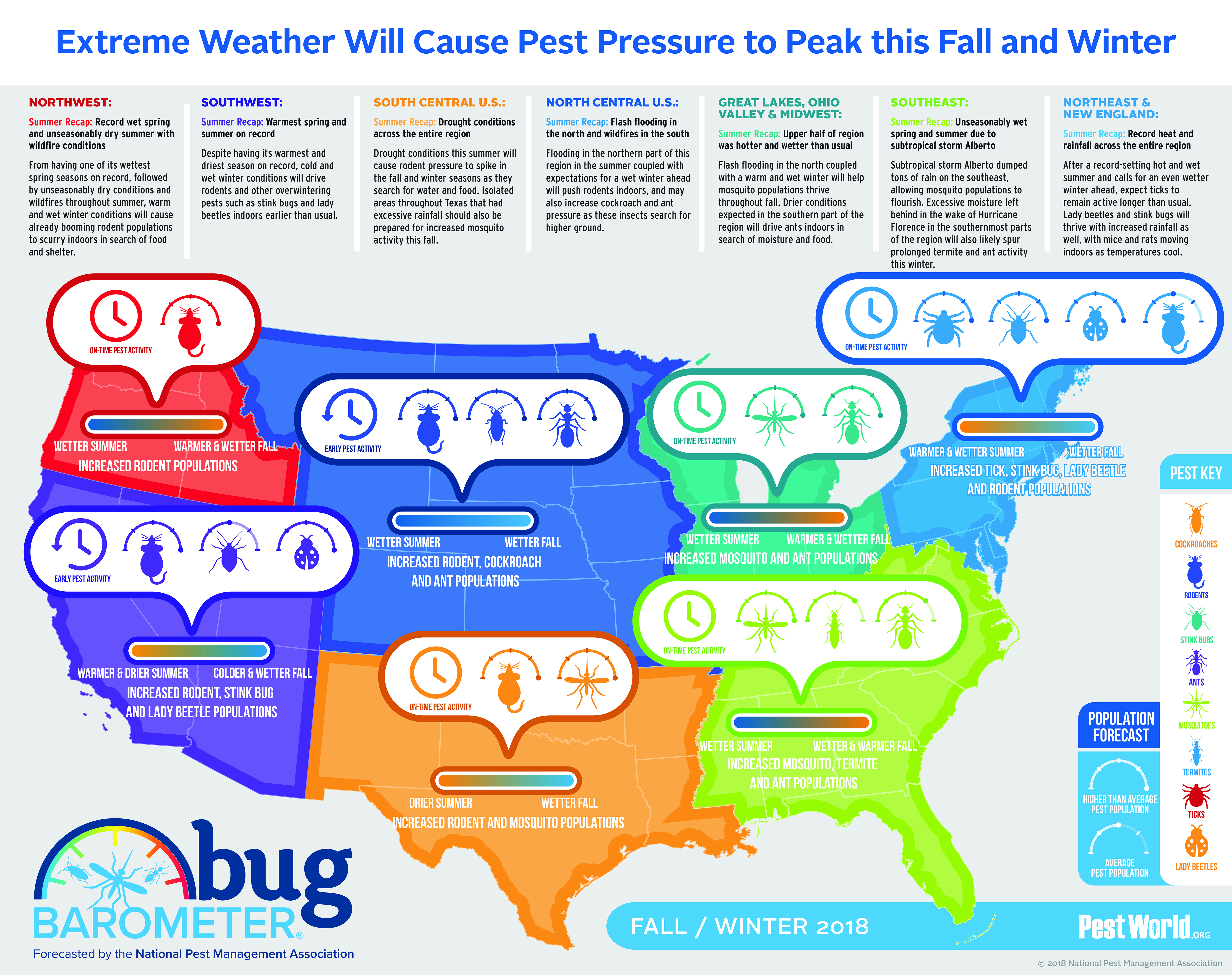Prepare Yourself To Transform Your Yard Into A Pest-Free Place Utilizing These Creative Suggestions And Strategies
Prepare Yourself To Transform Your Yard Into A Pest-Free Place Utilizing These Creative Suggestions And Strategies
Blog Article
Authored By-Vang Warren
Visualize your garden as a shelter, a place of tranquility and charm. Nevertheless, the visibility of outdoor parasites can quickly disrupt this ideal picture. What happens if there were easy yet reliable ways to maintain these undesirable visitors away and safeguard your yard oasis? By adhering to a few functional tips and executing all-natural strategies, you can develop an unified exterior space where your plants can prosper uninterrupted.
Natural Bug Deterrents
To maintain insects far from your yard normally, plant fragrant herbs like mint and lavender. These fragrant plants not only add appeal to your garden but additionally function as efficient insect deterrents. Bugs like insects, flies, and also some garden-damaging bugs are warded off by the solid scents released by these natural herbs. Merely placing them tactically around your yard can assist create a natural barrier against undesirable bugs.
In addition to mint and lavender, take into consideration growing other natural herbs like rosemary, basil, and lemongrass to additionally boost your garden's pest-proofing capacities. These natural herbs not just work as natural repellents however also have actually the added advantage of being useful in food preparation or crafting homemade remedies.
Strategic Plant Positioning
Think about the layout of your garden and the types of plants you have to purposefully place them for maximum pest-proofing performance.
Begin by organizing plants with similar resistance to parasites with each other. By doing this, you can create a natural barrier that discourages parasites from spreading throughout your garden.
In addition, putting pest-repelling plants like marigolds, lavender, or mint near more at risk plants can help safeguard them. Tall plants, such as sunflowers or corn, can work as a guard for shorter plants against parasites like bunnies or ground-dwelling insects.
Keep in mind to leave sufficient area in between plants to enhance air flow and decrease the threat of conditions that pests might bring.
Furthermore, take into consideration growing strong-smelling herbs like rosemary or basil near at risk plants to confuse bugs' senses and make it harder for them to find their targets.
Reliable Bug Control Methods
For combating yard bugs properly, applying a multi-faceted parasite control strategy is vital. Beginning by urging all-natural predators like birds, ladybugs, and hoping mantises to assist keep bug populations in check. Presenting plants that draw in these advantageous bugs can aid in bug control. Additionally, practicing great yard hygiene by getting rid of debris and weeds where parasites could conceal can make your yard less hospitable to undesirable site visitors.
Consider making effective mosquito control of physical barriers such as row cover fabrics or netting to secure susceptible plants from bugs like caterpillars and birds. Using organic pesticides like neem oil or insecticidal soap can also be effective against specific pests while being less hazardous to advantageous pests and the atmosphere. It's important to rotate your plants each season to stop the buildup of pest populaces that target particular plants.
Routinely evaluate your plants for indications of bug damage so you can do something about it promptly. By integrating these techniques and remaining cautious, you can properly regulate garden insects and enjoy a successful, pest-free yard.
Conclusion
So, there you have it - with the best techniques, you can keep pesky outdoor insects far from your yard and assist your plants prosper.
Did you understand that growing mint has been shown to repel mosquitoes and various other insects, minimizing the need for damaging pesticides by up to 60%?
By incorporating natural deterrents and smart growing techniques, you can produce a stunning and pest-resistant garden oasis for you to enjoy.
